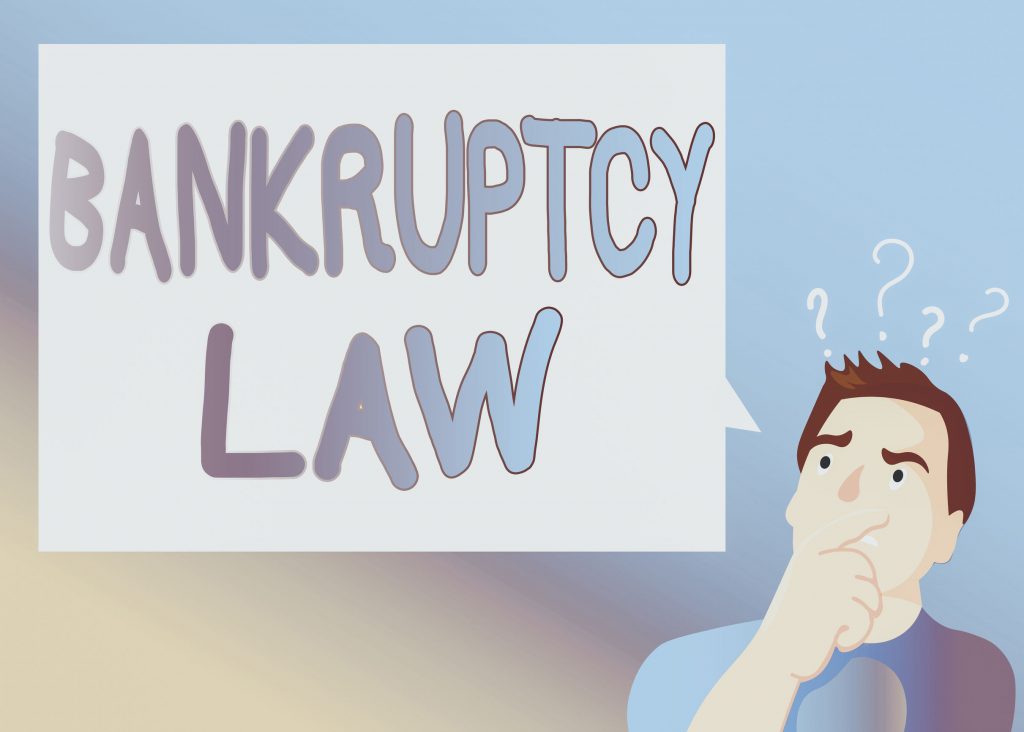
Bankruptcy is a legal proceeding allowing an individual or business unable to pay their debts to have their debts cancelled (or reorganized), and providing an opportunity for creditors to be paid something. Most Arizona bankruptcy law cases are voluntary and filed by a debtor seeking protection from creditors.
However, in some instances, creditors may place a debtor into bankruptcy by filing an involuntary bankruptcy case against a debtor.
There are six different types of bankruptcy cases, and each type is known as a Chapter of the Bankruptcy Code. The Chapters are 7, 9, 11, 12, 13, and 15. Individuals typically file for protection under Chapters 7 and 13. Most individuals filing for bankruptcy law protection must take a Means Test.
Bankruptcy Code Chapters Defined
Chapter 7, or otherwise known as a straight bankruptcy, is a liquidation for individuals (and businesses). When filed, most of a debtor’s assets/property become assets of a Bankruptcy Estate that is administered by a Trustee. An individual consumer debtor’s goal is to have their unsecured debts discharged.
When a debt is discharged in bankruptcy, the debtor is relieved of any personal liability to repay the debt. Most but not all debts are dischargeable in bankruptcy.
An individual consumer debtor, in exchange for the discharge of their debts, agrees to surrender non-exempt property to the Trustee who will liquidate the property and pay creditors. Individual consumer debtors are able to claim exempt property which is protected from liquidation by the Trustee.
Most individual consumers lose little or no property when they file Chapter 7 bankruptcy as a result of their allowed bankruptcy exemptions. Individuals required to take the Means Test must pass the Means Test in order to file for protection under Chapter 7 bankruptcy.
Chapter 9 is a municipal bankruptcy that allows a municipal governmental entity to have protection from its creditors and to reorganize its debts.
Chapter 11 bankruptcy is a reorganization of debts for businesses and sometimes individual consumers. A Chapter 11 is typically known as a corporate bankruptcy, and allows a business to continue to operate while reorganizing its debts.
Individual consumers filing for protection under Chapter 11 bankruptcy generally have higher debts and are unable to file for protection under Chapter 13 bankruptcy.
Chapter 12 bankruptcy law is reorganization of debt for family farmers and family fishermen; the family farmer or family fisherman must be an individual, not a corporate entity. A specified percentage of debt must be due to the type of operation, farming, or fishing, in order to qualify to file as a family farmer or family fisherman.
Chapter 13 bankruptcy allows individuals with regular income to repay their creditors under court supervision by reorganizing their debt. A Chapter 13 bankruptcy is sometimes known as a Wage Earner Plan. Chapter 13 Plans will generally last from 36 to 60 months, with a 60 month Plan being typical.
The term of the Chapter 13 Plan is determined by the means test and the percentage of debts to be repaid under a Chapter 13 Plan. A Chapter 13 is often filed by individuals threatened with the loss of a home due to foreclosure, with the loss of an automobile (or similar mode of transportation), who have a significant tax or domestic support arrearage, or whose discretionary income is sufficient to require a repayment of creditors.
Chapter 15 is a cross-border or ancillary bankruptcy that allows people or businesses with assets in multiple countries, including the United States, to file for bankruptcy protection. A filing under Chapter 15 is often preceded by the individual or business filing in the home country.
Get Answers to Your Personal Bankruptcy Questions
At Lerner and Rowe Law Group our legal team has extensive experience with the ins-and-outs of Arizona bankruptcy law. We have helped thousands across our state seek debt relief and stop harassing creditor calls through filing a Chapter 7 or Chapter 13 bankruptcy.
Contact us today to schedule a free consultation and get the answers you seek regarding filing a bankruptcy. Call 602-667-7777, check out our convenient LiveChat feature, or submit an online form now.

